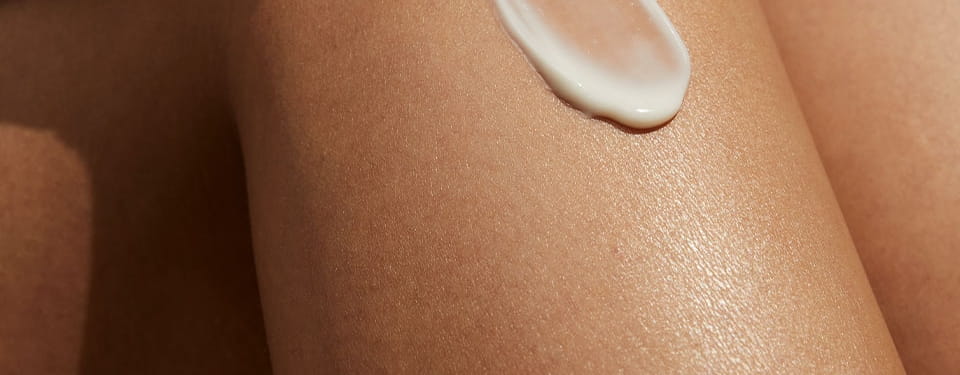Sebum is a totally natural substance produced by the body. If you notice your skin is oily, it's most likely sebum! Sebum is an oily and slightly waxy substance found on the skin. It is mostly produced on the face and scalp, but it can also occur on the rest of the skin, except on the palms or soles of the feet.
Sebum is used as a way to keep the skin moisturised and acts as a waterproofing mechanism, keeping water from leaving your body. It also helps maintain flexibility in the skin and can act as a barrier from harmful matter such as bacterial and fungal infections. Sebum production is normal and healthy, if not enough sebum is produced, skin can become dry. However, if there is an excess of sebum, you may notice the appearance of oily skin, which can get trapped in pores and lead to acne.
Find out more about what causes spots here.

